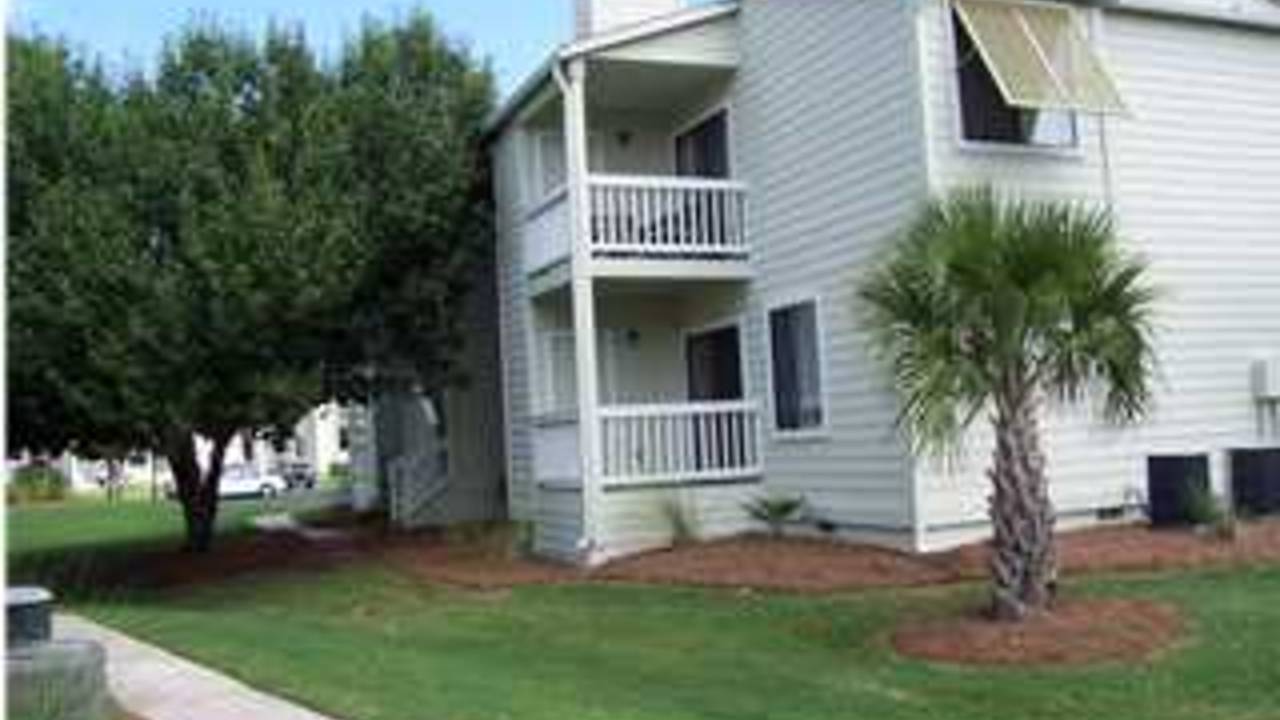Town homes and condos are so similar that people often confuse them or use the two terms interchangeably. So, I've included a set of questions you can ask yourself when you're visiting properties in order to distinguish condos from townhouses.
How are the properties attached? Town homes and condos are always physically attached in some way to other town homes or condos in the development. If the property is not attached to another property, it is a single family home (or house). If the property is attached on one (or on either) side to another property - but it doesn't have a property above or below it - you are most likely looking at a townhouse. If the property is attached to other properties on at least one of its sides and has a property above or below it, you are looking at a condo.
Does ownership of the property include the land it sits on? With town homes, the owner owns the land under the town house as well as the air space over the town house. In this case, the property is recorded with a tax map number separating the town home lot from the other town homes in the same development. Condos are different because the owner owns the condo but has no separate ownership of the surrounding land. Condo owners have a percentage ownership in the land that their condo sits on, but their portion of land ownership can't be separated or distinguished from all the other condo owners' shares.
Can a property be considered both a condo and a townhouse? No. A property should legally fall into one of the two categories. Occasionally you will find a property that looks like a town house because it will not have properties above or below it, but it still will be considered a condo legally. This is because the property doesn't have land to convey with the sale of the home. This type of situation is common in areas where the city will not allow a lot to be subdivided. The deed restrictions will stipulate the lot division between the condo units, but the property will share a lot or tax map number with the other properties in the building.
What if I can't distinguish the property I plan to buy? Since all of this can be confusing to even an experienced buyer, I suggest talking with a knowledgeable real estate agent. And, if it's a questionable property, it would be a good idea to talk with a real estate lawyer before closing on the property.
Lee is a Charleston SC Realtor with over 14 years of experience in the Charleston market. On his website, you can learn about the full gammut of Charleston real estate from condos for sale in Charleston SC to homes for sale in Mt Pleasant SC to new construction communities like Saint John's Lake!


Comments(3)